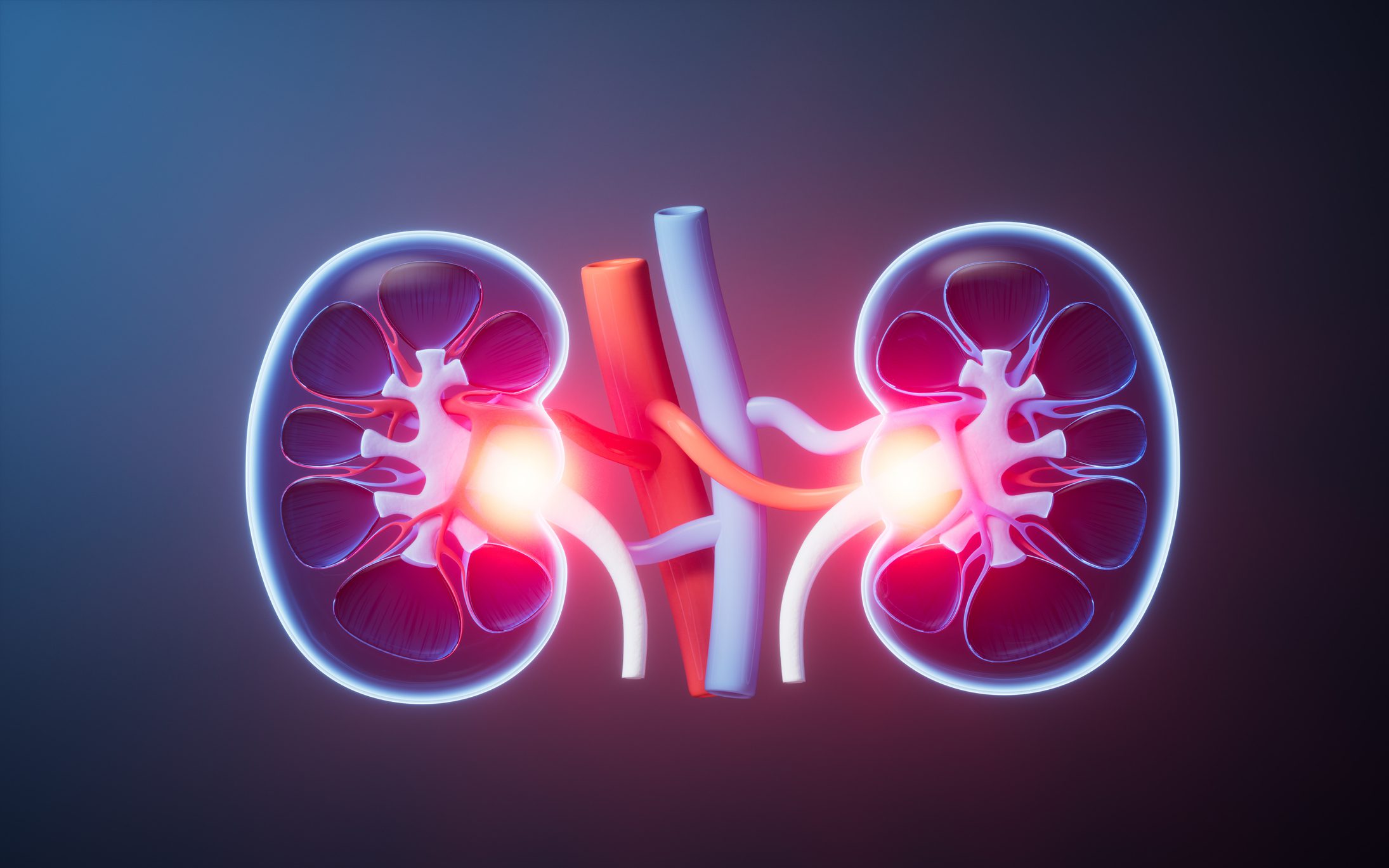The understanding of idiopathic nephrotic syndrome (INS) is changing. While the majority of children with a steroid-sensitive or steroid-dependent course can be brought into remission with glucocorticoids and further immunosuppression, the steroid-resistant form remains a clinical challenge. The discovery of autoantibodies against the podocytic slit diaphragm protein nephrin opens up a new pathogenetic paradigm. A large multicenter study now shows that anti-nephrin autoantibodies are mainly found in steroid-sensitive and steroid-dependent courses, while they are largely absent in genetically determined or multidrug-resistant forms. This suggests that anti-nephrin antibodies not only reflect pathogenesis and prognosis, but could also guide therapeutic decisions.
Autoren
- Tanja Schliebe
Publikation
- Nephrologie-Special
Related Topics
You May Also Like
- AI in neurology
Control instead of a flood of data: AI makes big data and wearables usable
- From symptom to diagnosis
Abdominal pain – Sprue
- Case Report
76-year-old patient with pustular skin rash
- Sponsored Content: Psoriasis
Dauerhafte Erscheinungsfreiheit auch bei betroffenen speziellen Hautarealen
- Antithymocyte globulin in children with T1D
Old medicine, new hope
- Ginkgo biloba
Database of preclinical and clinical studies is becoming increasingly larger
- Digital biomarkers
Continuous monitoring using digital biomarkers in MS care
- Benefits, limits and safety aspects











